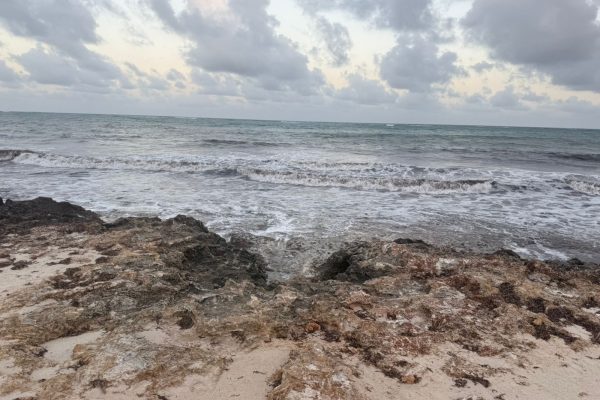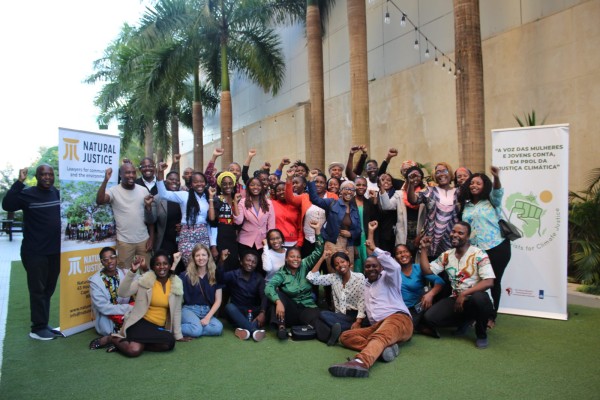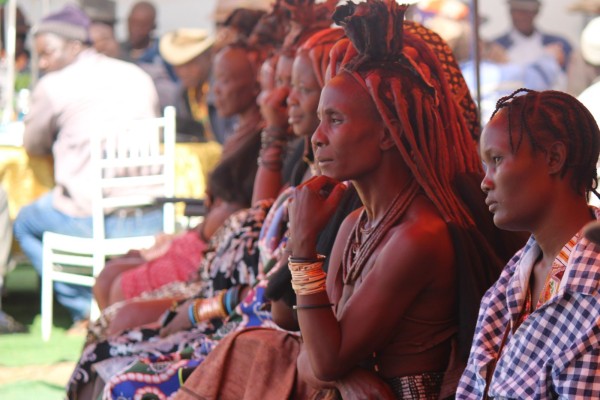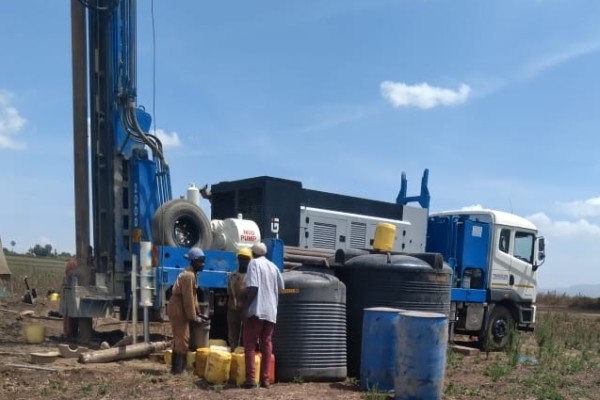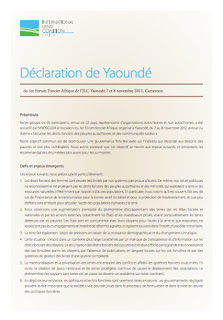 In recent years, the demand for productive land has surged as a result of global food and financial crises, as well as increasing concerns about energy security. In many countries, carbon sequestration as a response to climate change has also contributed to land pressure. This has rendered land an increasingly disputed and commoditised resource, compromising rural people’s access to, and control over, land. Indigenous communities have been particularly vulnerable to these pressures as many in Africa are pastoralists and hunter-gatherers and the land they occupy and depend on for their livelihoods is often perceived as empty.
In recent years, the demand for productive land has surged as a result of global food and financial crises, as well as increasing concerns about energy security. In many countries, carbon sequestration as a response to climate change has also contributed to land pressure. This has rendered land an increasingly disputed and commoditised resource, compromising rural people’s access to, and control over, land. Indigenous communities have been particularly vulnerable to these pressures as many in Africa are pastoralists and hunter-gatherers and the land they occupy and depend on for their livelihoods is often perceived as empty. In this context, the First Africa Land Forum, themed “Securing the land rights of indigenous people and rural communities,” was held in Yaoundé, Cameroon from 7-8 November, 2012. The forum was organised by the Africa Platform of the International Land Coalition (ILC) and hosted by the Mbororo Social and Cultural Development Association (MBOSCUDA). Over 95 participants from 22 countries, representing indigenous and non-indigenous organisations, attended. The forum culminated in the drafting and signing of the Yaoundé Declaration.
The declaration identifies many challenges and issues emerging in the African context. The land rights of women are still limited by existing African patriarchal systems. Laws and policies often fail to recognise and protect the land rights of indigenous and minority populations. Land tenure is under pressure as a result of population growth and climate change. Low literacy on land laws by citizens, a lack of land laws published in local languages, and complex land administration systems make it difficult for many to secure their land rights. The commodification and privatisation of land has led to conflict and has undermined customary land tenure systems. In addition, the creation of national parks and protected areas continues to displace marginalised populations.
The declaration seeks to address these challenges by encouraging sustainable and equitable land governance systems; the registration of collective rights over the commons, including grazing lands; wider participation in decision-making over land; the harmonisation of customary law and legislation so that women and men have equal rights to control and own land and natural resources; recognition for small-scale producers in the development of national strategies for food security and rural development; and fair and accessible land conflict resolution mechanisms, particularly where land and natural resources are shared by indigenous peoples and others.

